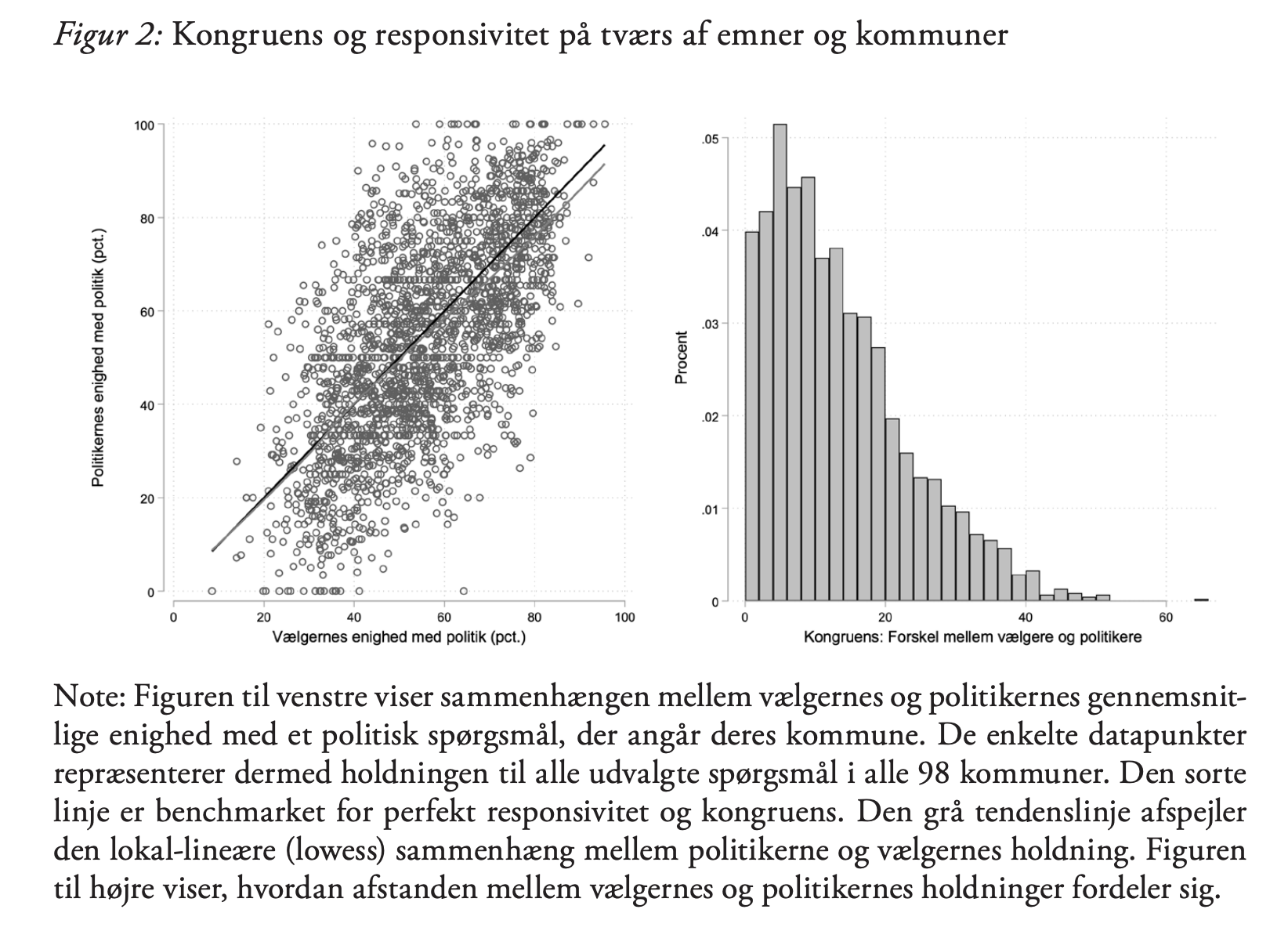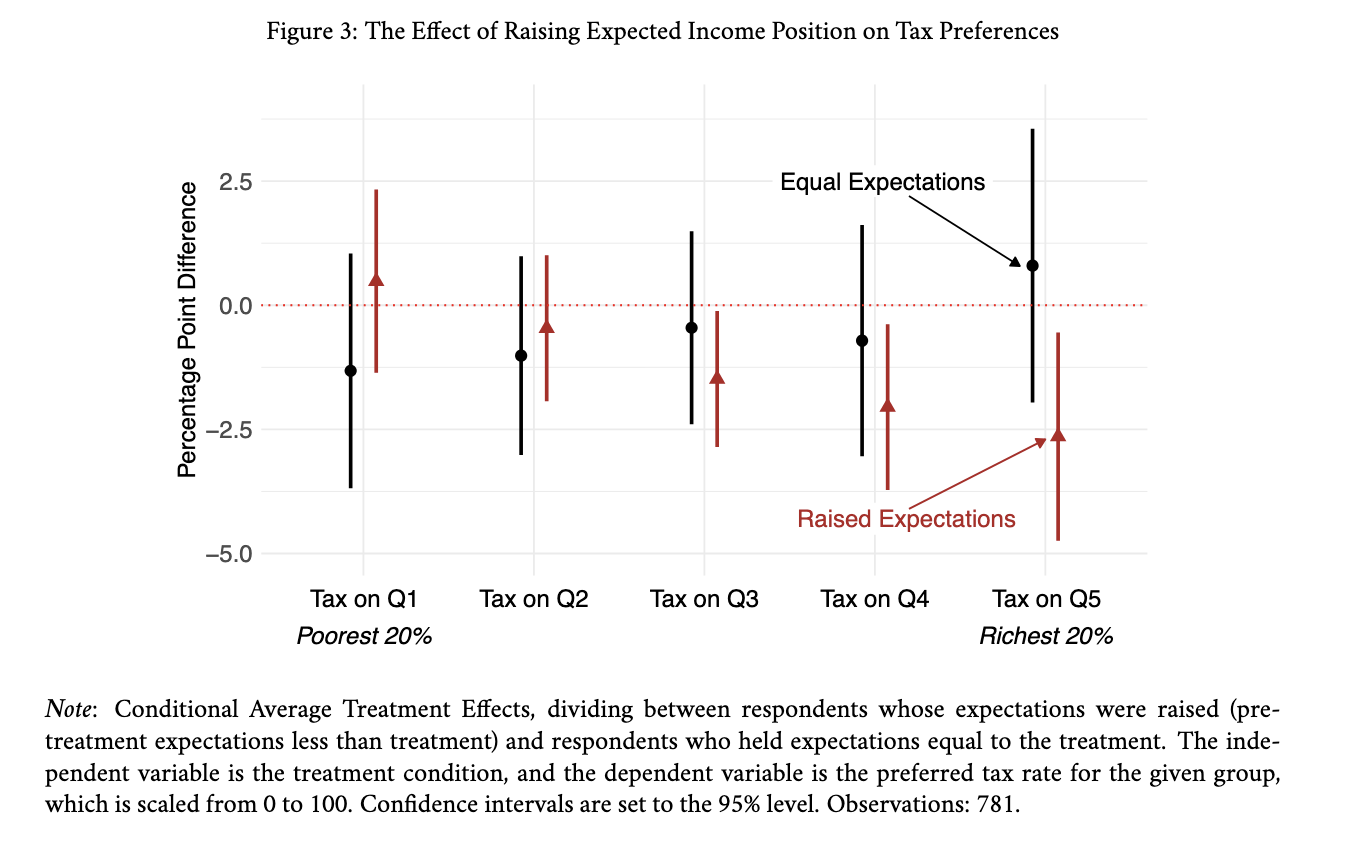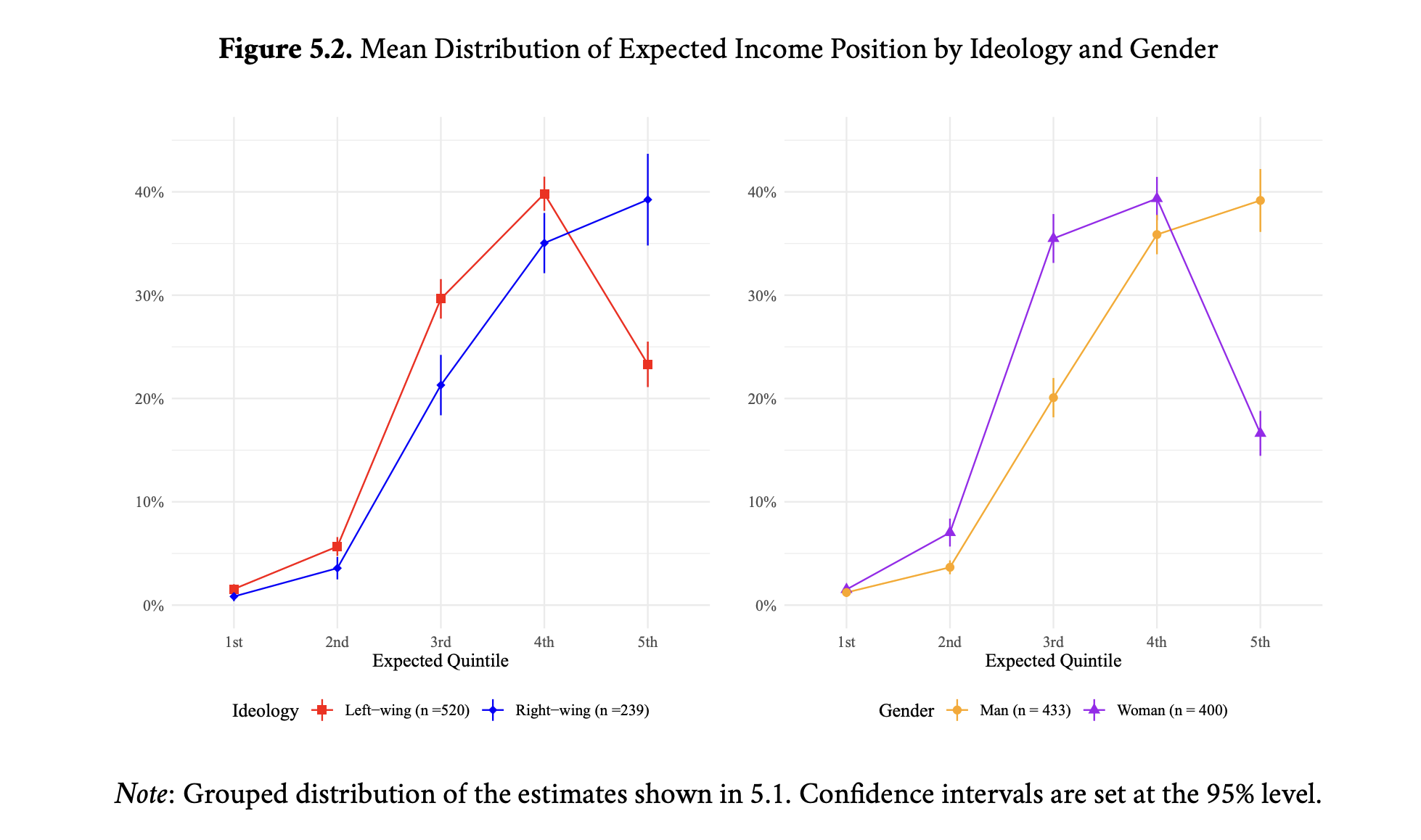Publications
Political Representation in Danish Local Democracy (With Martin Vinæs Larsen). 2025. Politica.
Abstract
Local politicians play a pivotal role in Danish democracy, but little is known on how well they represent their constituents. This is hard to study, as it requires comparable data on the political preferences of politicians and voters. We overcome this issue by comparing the attitudes of local politicians on a wide range of local political items given to a Voting Advice Application before the 2021 municipal election to a nationally representative survey we field in 2023 (n=28.817). We find a strong relationship between citizen and politician preferences across local issues and municipalities. We also examine whether homeowners are better represented than renters. This is not the case, as we show that owners and renters mostly agree on local policy, and they are represented proportionally to their share of the population.
Figure

Links
Journal page
PDF
Media coverage: Momentum
Work in Progress
The Effect of Raising Income Expectations on Tax Preferences
Abstract
Do voters internalize their future income position into their current tax preferences? To test this proposition, I field a personalized survey experiment on Danish university students ($N$ = 1,020) who are randomly assigned with credible information on their future earnings. I find that two-thirds of the respondents underestimate their future income position relative to the average peer graduate and that these respondents then prefer less taxation on their plausible future income group when informed. Concretely, informed respondents prefer 2,5 pp. lower taxes on the rich. Female and left-wing respondents hold the lowest expectations, but likewise update taxation preferences when treated. These findings provide tangible empirical support for the notion that expectations affect current redistributive preferences.
Figure

Other
Expectations (2024). Master’s Thesis. PDF
Awarded “Udemærkelsesprisen”
Abstract
Education is an important indicator of future success. I argue that citizens use their educational degree to infer what future level of income position they will achieve, and internalize this into their current redistributive preferences. I survey Danish students in tertiary education (N = 1,020), where I elicit expectations and redistributive attitudes. I field a customized treatment, which informs the respondent of the average salary after 10 years for people with the same given degree as them and where that salary places them in relative terms in the income distribution. I find that respondents underestimate their future position in the income distribution, and when treated, they become less supportive of redistribution. To assess the generalizability of these findings, I leverage ISSP-data (N=7,542) and see that Denmark is an "ordinary" case in terms of how expectations are developed and correlate with preferences. Further, to test the external validity of my experimental findings, I use data from the Danish Longitudinal Study of Youth (N = 3,104), which tracks a cohort from 1968 to 2004 on their educational expectations and performance. Using a two-ways fixed model, I find that respondents become less concerned with inequality when improving relative to their educational expectations. In sum, I see find that education is an important determinant of expectations and redistributive attitudes. I discuss the macro-level implications of shifting expectations for electoral coalitions and welfare state development.
Figure
